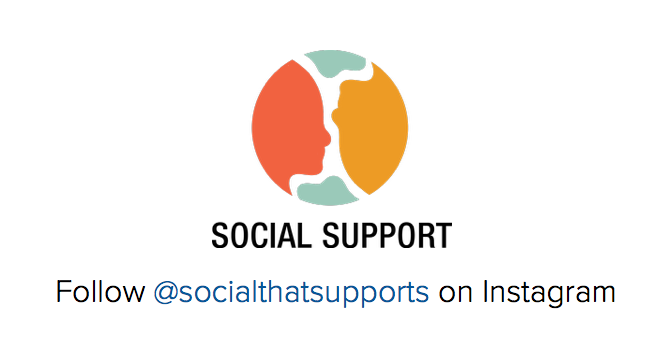Release time: 2020-06-13 22:03

WE MUST UNMUTE
APA stands against racism and hate in all its forms, whether inflicted by a woman with a cell phone or a police officer with a gun. We stand with all affected in addressing the trauma that racism and brutality inflicts on the victims, their families, and their communities. We are also using the power of psychology to address the racism pandemic, both in the short and long term.
Experiencing racism is associated with higher rates of depression, anxiety, and stress, as well as post-traumatic stress disorder, substance use disorders, and other serious psychological conditions.
Feelings of anger, pain, helplessness, and hopelessness are normal and valid reactions. How do you use the anguish to direct your actions?

UNMUTE YOUR FEELINGS
Anger and outrage are appropriate responses to injustice. In fact, anger has played a critical role in social justice movements since the United States was founded. The way we process and channel our pain can help protect us from long-term mental health effects and increase our effectiveness as advocates and activists.
Share your pain
Sometimes we are our own worst enemy. We have painful feelings and then tell ourselves those feelings are a problem. We tell others "I’m good," and "I’m alright" when we’re not. Feeling like you can’t cope, you can’t focus, you want to cry – these are all normal and valid responses to anger and outrage.
Holding in painful feelings negatively affects our emotional well-being. Sharing difficult feelings with others – friends, family members, or professionals – can help. Acknowledging and expressing our feelings helps us understand why we feel overwhelmed and can strengthen our ability to channel that emotion.
Verbalizing our feelings makes sadness, anger, and pain feel less intense. On the flip side, failing to communicate outrage and anguish can lead to adverse mental and physical health consequences in the long run.
Find energy in anger
While anger can be painful and sometimes turn volatile, it can also be incredibly useful. When channeled, anger and pain can be used to spur meaningful action, advocate for ourselves and others, and affect change.
One way to harness anger and outrage is to view it as information. Exploring what anger and pain are trying to communicate can help you identify and confront problems – through conversation, protest, or advocacy.
Anger also has an alerting function: it tells others that it’s important to listen to our words and pay attention to our actions. This effect of anger has been on striking display in recent weeks as we have seen profound anger manifest itself in uprisings that have garnered international attention.
It’s important to remember:
Anger is normal and valid.
It is critical to communicate anger.
Anger can be used to spur meaningful action.
Protect your mental health
Just as we take steps to prevent physical illnesses, there are things we can do to protect our mental health as well.
Let yourself feel hope. While it can be difficult to tap into hope at a time like this, it’s important to acknowledge small signs of change and let yourself believe that those small changes will lead to something larger. If you don’t believe the work you’re doing is effective, it will be hard to keep doing the work.
Let yourself take care of yourself. Eat healthy food, get enough sleep, and move your body. Those basic principles will give you strength to get through another day.
Let yourself tap into social support and connection. Lean on friends and family. Connect with your faith community, neighbors, fraternity brothers, or like-minded strangers on social media.
